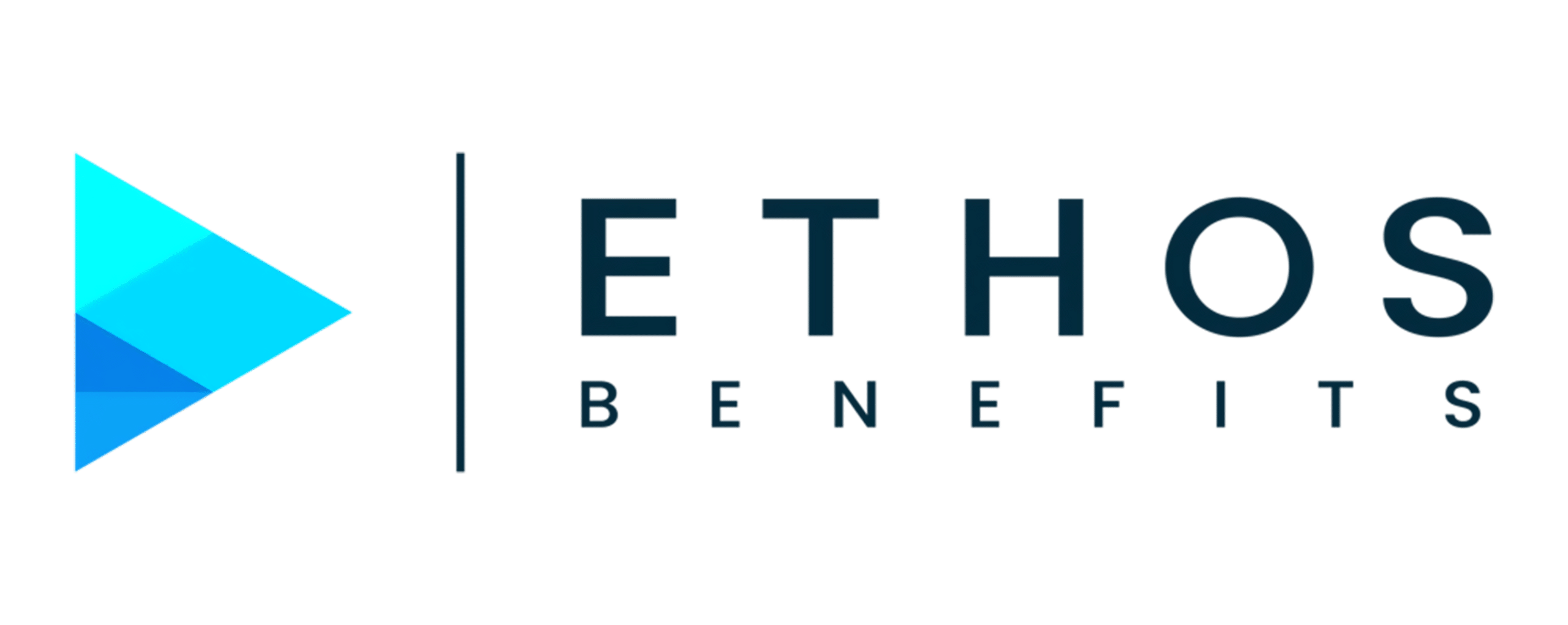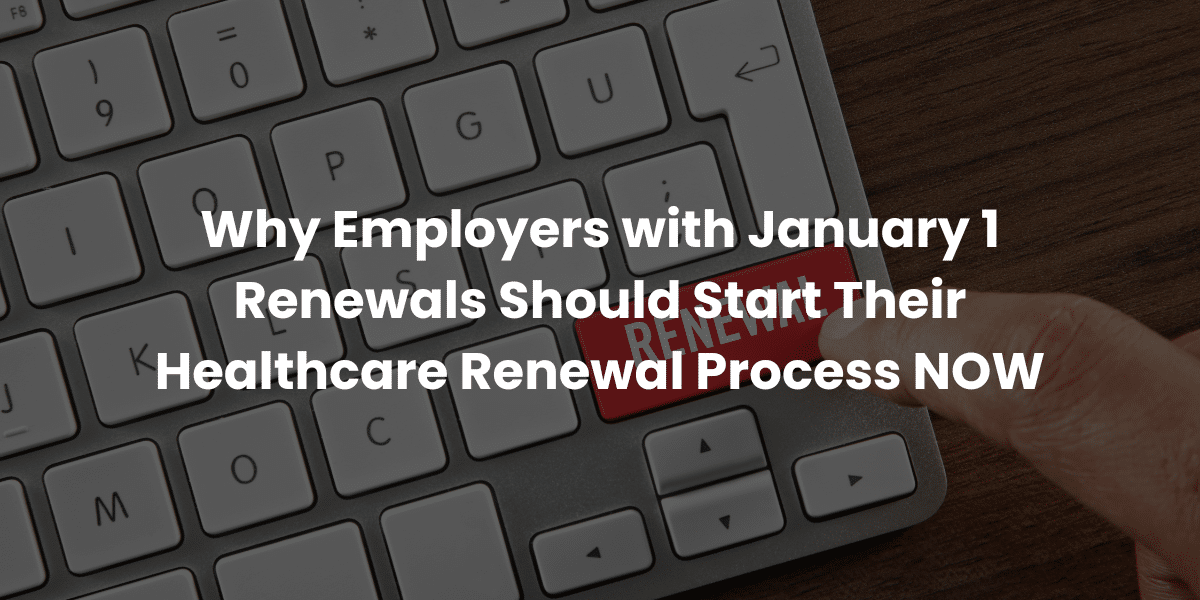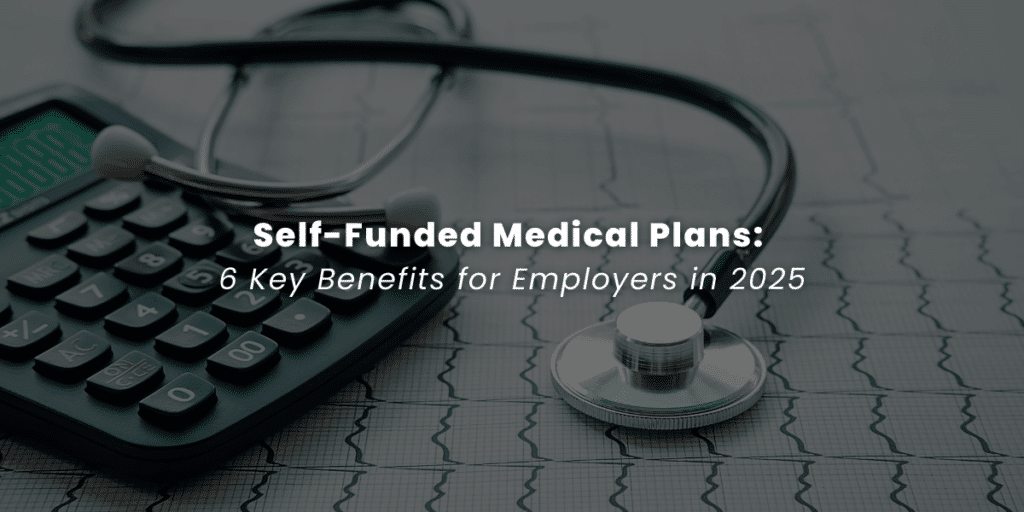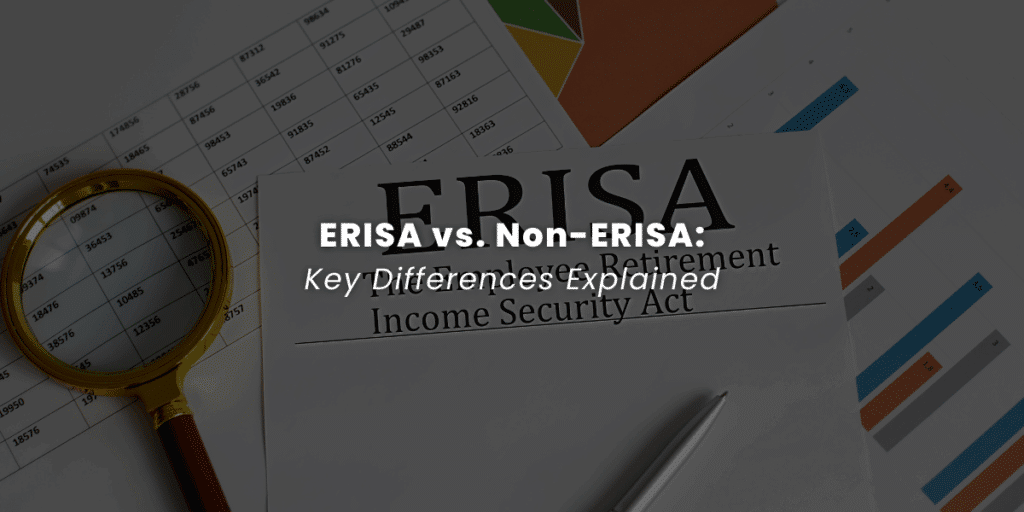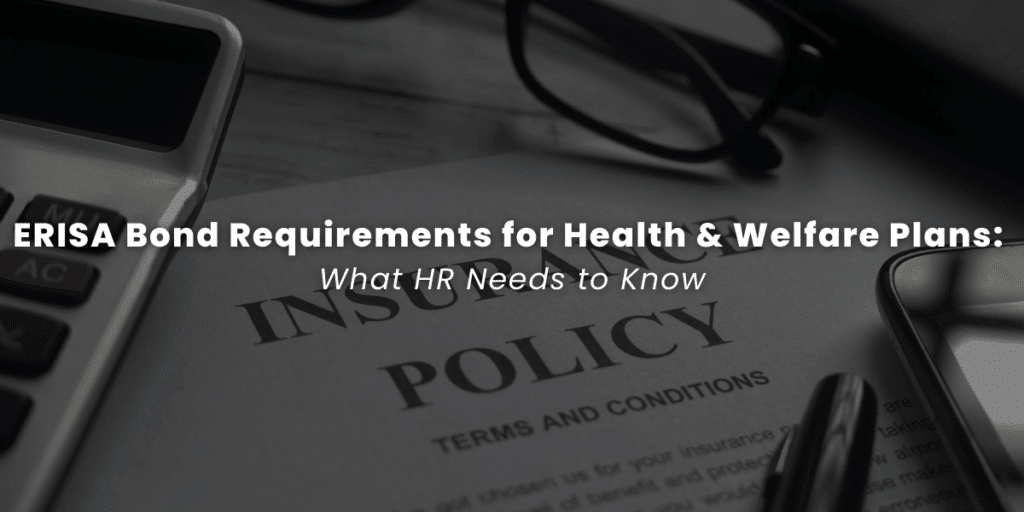If your company’s health plan renews on January 1, the time to start preparing isn’t October—or even September—it’s now. While it may seem early, waiting too long compresses your decision-making window, limits your options, and often locks you into the same expensive patterns year after year.
At Ethos Benefits, we start our renewal process six months in advance. Why? Because we’ve seen firsthand that employers who plan early don’t just “renew”—they strategically improve their plans.
Here’s why starting early matters (and how we help our clients get ahead):
1. Data Drives Decisions—And It Takes Time to Gather
To make smart plan decisions, you need access to your claims data, utilization reports, and cost drivers. But pulling that data, if you don’t have an integrated data analytics platform, from your carrier or TPA can take weeks—and interpreting it takes longer.
At Ethos, we design plans with access to full data that we can analyze and plan for year-round, so there is no chaos in planning for renewals. This gives us time all plan year to uncover cost trends, identify opportunities, and build strategies based on real insights—not guesswork.
2. More Time = More (and Better) Options
Alternative funding models like level-funded or self-funded plans require diligence. So do solutions like direct primary care, independent PBMs, or reference-based pricing.
We give clients the breathing room to explore these options without the pressure of a ticking clock. When you start in Q2 or early Q3, you actually have time to vet partners, engage stakeholders, and customize your plan—rather than rushing to make a decision in October. I can’t tell you how many employers are forced into a decision they’d rather not make due to “running out of time”.
3. Leverage, Not Deadlines
If you’re fully insured, you’ve probably experienced the infamous “late renewal drop” from your carrier. The goal? Limit your time to react so you’ll just sign and move on.
Our 6-month process flips the script. We’re out to bid before your carrier delivers their increase. That gives us leverage, keeps vendors honest, and opens up negotiation opportunities that just aren’t possible under deadline pressure.
4. Avoid Open Enrollment Mayhem
Trying to finalize plans while also coordinating communications, tech platforms, and OE logistics in November? That’s a lot.
Our early renewal approach gives HR teams the luxury of time. By finalizing plans in early fall, your team can focus on delivering a smooth, confident open enrollment experience—not scrambling to pull it all together at the last minute.
5. Strategic Planning Requires Breathing Room
If your goals for 2025 include lowering costs, improving access to care, or ensuring compliance with new fiduciary and transparency regulations, those aren’t quick fixes.
Ethos builds a strategic roadmap with each client—well before renewal season hits. We take the time to educate internal stakeholders, align with leadership goals, and implement real change that leads to better outcomes.
Bottom Line:
If your health plan renews January 1, your 2026 strategy starts now. At Ethos, we
believe in leading with strategy—not reacting under pressure. That’s why we start our
renewal process six months out, giving our clients the space, data, and support they
need to make smart decisions.
Ready to get ahead of the curve and transform your renewal into a strategic advantage?
Let’s talk.
